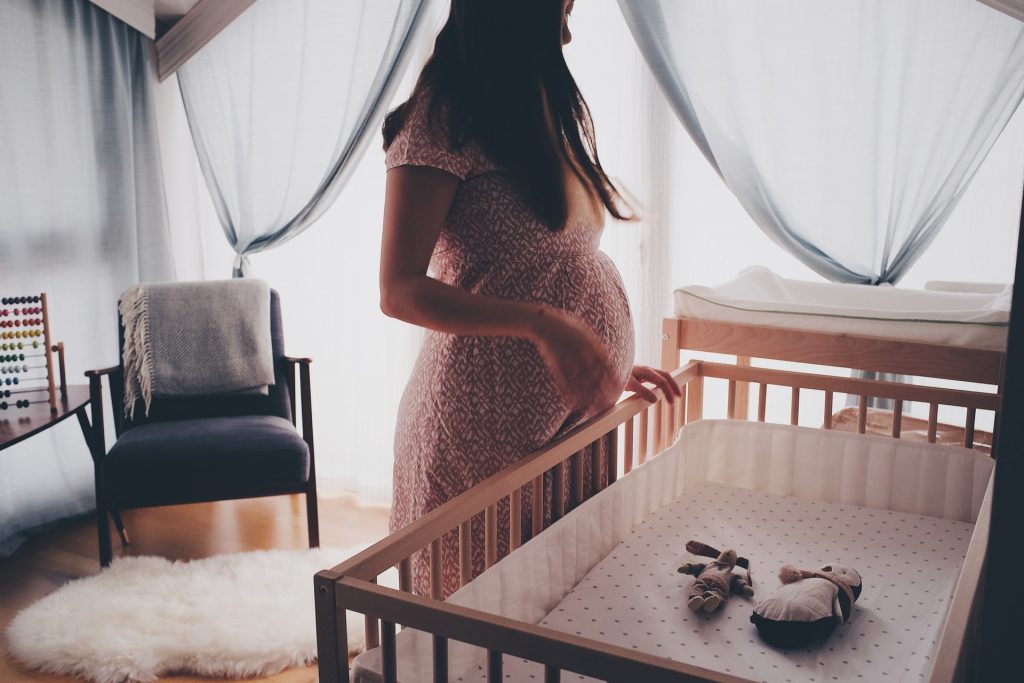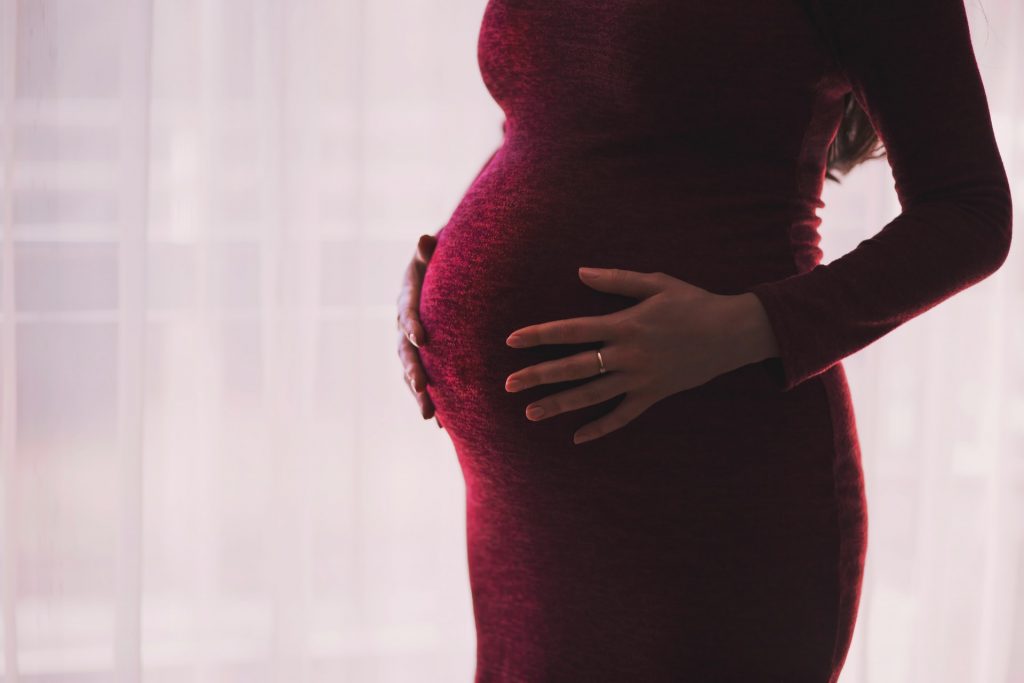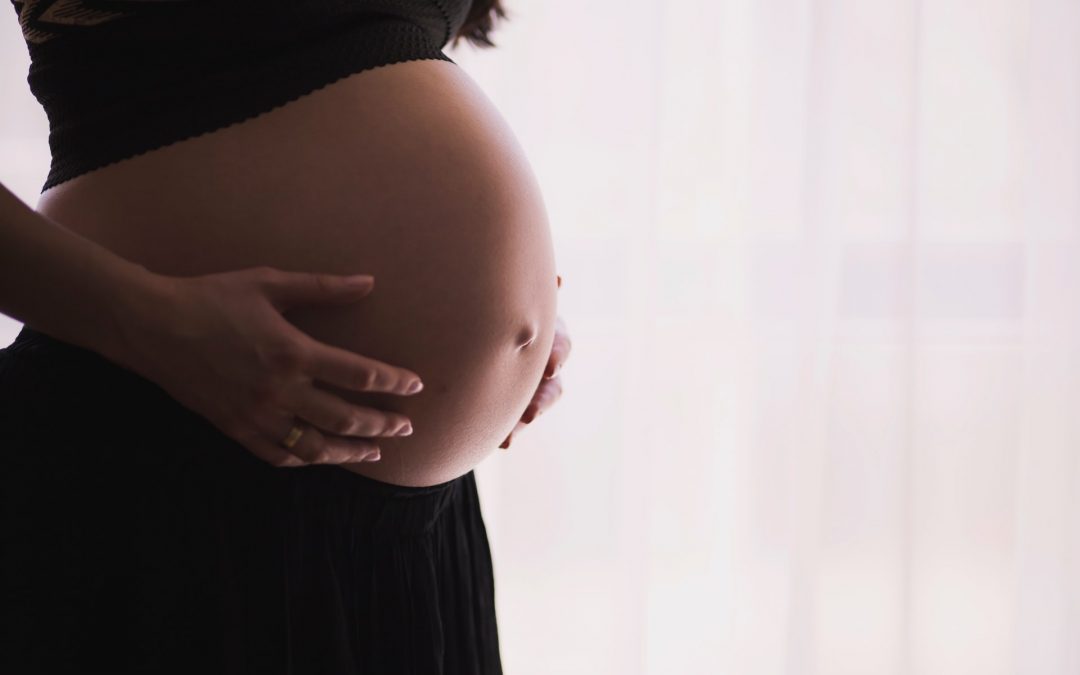As women, we go through several stages of growth and development, including pregnancy. It feels like yesterday you were young; you felt free as a child. I recall a lady recalling a statement her mum used to make, “You are no spring chicken anymore,” She would always argue back with her mum telling her that she is forever going to be young and be her baby.
pressure & expectations Of PRegnancy
Once a woman gets pregnant, this new pressure and expectations are placed on her to mature because she is now responsible for a whole new life. With this pressure comes changes to our mental health. This takes me back to the spring chicken statement by the lady telling her mum that she will forever be young and her baby. Although we are now responsible for this new life, we must seek to remind ourselves that we are still “young” at heart even as we embrace this new journey.
It is important to note that every woman’s experience with pregnancy is different. As a matter of fact, a woman’s pregnancy experience with her first baby will be different from that of her second child. What works for lady A will not work for lady B. Therefore, it is imperative to embrace your own journey and for your mental health, not to compare your journey with others as this may cause incessant worry.

excitement, joy, happiness, and anticipation
With pregnancy comes excitement, joy, happiness, and anticipation for the start of a new life. Although this is an exciting journey, it comes with constant worry and anxiety in women, which can lead to several other mental health concerns. Some women’s continuous worrying and anxiety are attributed to fear of the unknown, stress, societal pressure, relationship difficulties, and daily issues connected with physical and hormonal changes. According to studies, anxiety is not generally bad; it is our natural response to danger, threats, or stressful situations. However, it becomes a mental health issue if this response is exaggerated, lasts more than three weeks, and impedes with routines of daily life (Deklava et al., 2015).
Mental Health & Pregnancy
The mental health of pregnant women is usually not discussed, and this is overlooked in some cultures. However, studies have shown that the mother’s mental health is associated with the overall health of the fetus; for example, increased stress levels, depression and anxiety among pregnant women were linked to an increased risk of adverse perinatal outcomes (Yuksel et al., 2014). Several studies also found anxiety during pregnancy to be associated with low birth weight or fetal growth restriction, which conversely results in social and cognitive outcomes in children (Deklava et al., 2015).

Precaution
These studies are not shared to increase anxiety or add to the fear of expectant mothers; it is an awareness of the importance of guarding one’s mental health during pregnancy, a wonderful time in a woman’s life. If proper precautions and the needed help are not put in place, Edhborg et al. (2011), in their article, have shown that in the long run, anxiety has an adverse impact on the woman’s relationship with the fetus during pregnancy, the baby, and even with the child as they grow older.
Get the right support
It is possible to enjoy your pregnancy up to your postpartum journey with the right support. If you struggle to navigate your emotions, please talk to your doctor and seek professional help and counselling if these anxious feelings you are experiencing seem not to go away. Remember, for you to be able to give your baby the best you have always dreamed of giving them, you need to first be in a good place mentally. As the popular saying goes, you can only give what you have. Please, reach out if you need to talk. Our counsellors are always here to listen and be present with you during your pregnancy as you journey through one of the most exciting times in your life.
References
Deklava, L., Lubina, K., Circenis, K., Sudraba, V., & Millere, I. (2015). Causes of anxiety during pregnancy. Procedia-Social and Behavioral Sciences, 205, 623-626.
Edhborg, M., Nasreen, H. E., & Kabir, Z. N. (2011). Impact of postpartum depressive and anxiety symptoms on mothers’ emotional tie to their infants 2–3 months postpartum: a population-based study from rural Bangladesh. Archives of women’s mental health, 14(4), 307-316.
Yuksel, F., Akin, S., & Durna, Z. (2014). Prenatal distress in Turkish pregnant women and factors associated with maternal prenatal distress. Journal of clinical nursing, 23(1-2), 54-64.
Written by Amiebi Dinah Bamgboye for Crossroads Collective

